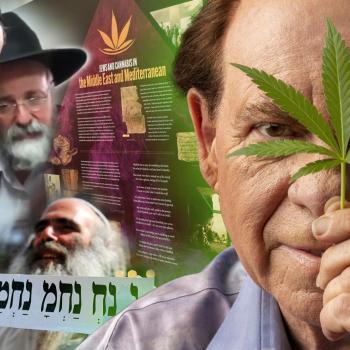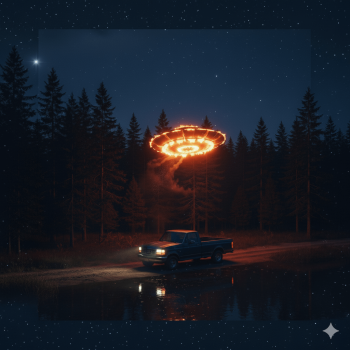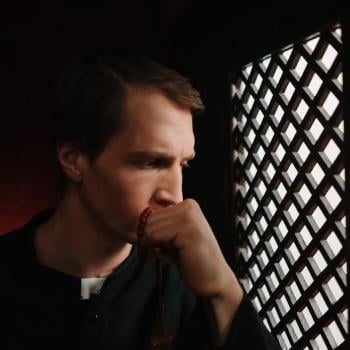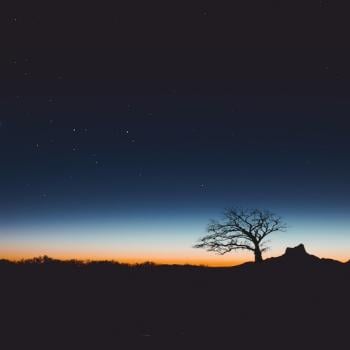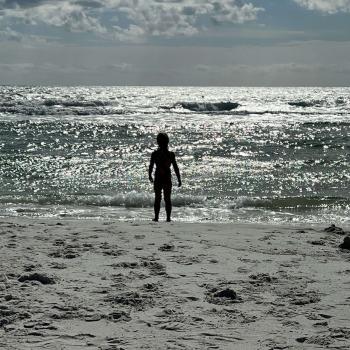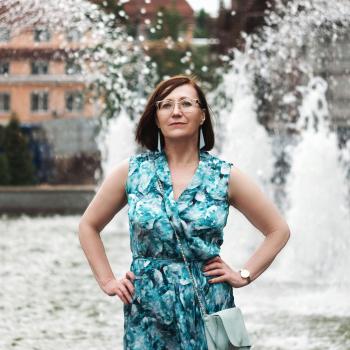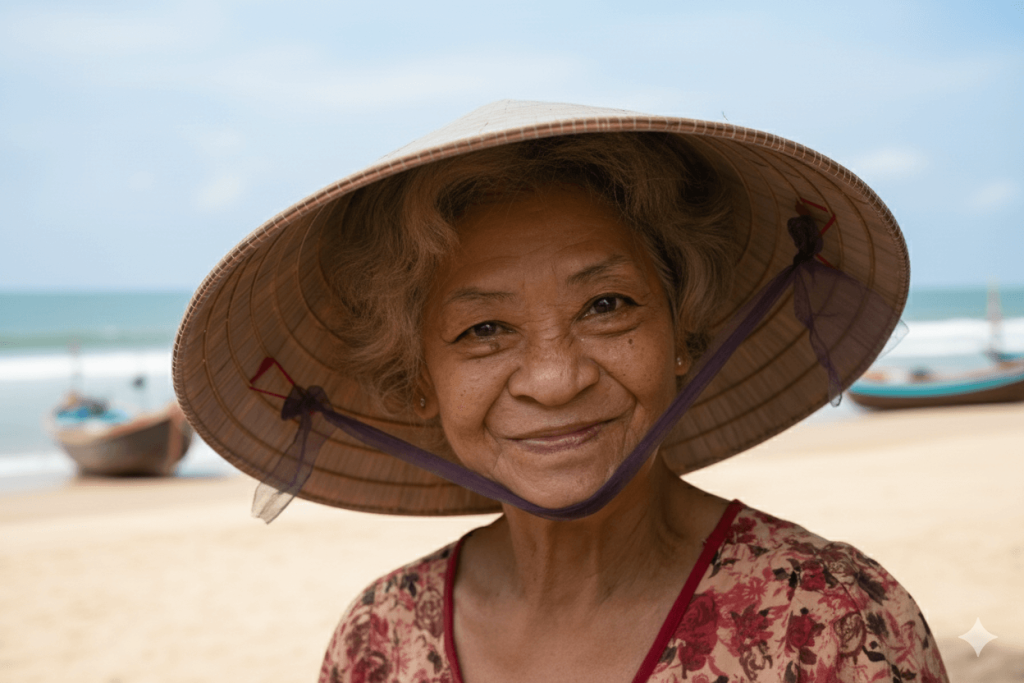
Finding meaning in the second half.
I once had a relative who was diagnosed with a brain tumor. He was of a relatively young age, younger than I am now, and he was understandably freaked out about his situation. When I visited him in the hospital, I can remember him saying:
“Tommy, I just want a few more years. I’ve still got things I want to do.”
He ultimately went through radiation treatments and got what he asked for. A few more years. And what did he do with it? Nothing really. He returned to his sheltered, humdrum life. No pursuing a hobby or visiting places unseen. No reconnecting with long lost friends or relatives. No getting reacquainted with his religion or growing closer to God.
Within two or three years, he was back in the hospital. The tumor had returned with a vengeance. He was feeling as aggrieved as ever, only this time he didn’t get a second chance. He had lived longer. But he had not lived deeper. Which begs the question:
What is the purpose of our lives?
What’s the end game for us mortals here on earth? When we reach and surpass middle age, what is our next step? Is the goal to live as many years as possible and extend the game of life as long as we can? Or are we here to do something with our lives beyond crossing out entries on our daily to-do list?
In the book Finding Meaning in the Second Half of Live: How to Finally, Really Grow Up, author James Hollis tells us that when it comes to fulfilling our life’s purpose, “the engagement of the soul’s agenda is our real task.” To illustrate this point, he quotes a passage from the Persian mystic and poet Rumi, paraphrased here:
If you perform a hundred tasks, but have not performed the task you were sent for, it is as if you have performed nothing at all. You have come into the world for a particular task and that is your purpose. If you don’t perform it, you will have done nothing.
That’s some tough love from Rumi. But what if he is right? Similarly, Hollis tells us that satisfying the agenda of the soul is “our one true journey in life.” It’s up to us to accept this mission. When we do, we’ll have help along the way, as “we will be flooded with a strong, supportive energy that carries us through all the dark places.” Hollis continues:
For this energy we have an appropriate word. It is called love. It is love not only of the other, but love of this life, this journey, and love of this task of soul.
It’s never too late to start a journey of the soul.
First let’s define the soul. Per Hollis, “soul is the word we use to intimate that deepest intuitive relationship we have had with ourselves from the earliest moments of reflection to the present.” It is home to our deepest intuitions and our longing for meaning. To engage with the soul is “participation in something much greater than ordinary consciousness can grasp.”
Hard to explain, easier to feel, the soul sits at the center of our being. To follow its longings, can mean ignoring the rules and expectations of society, and tuning in to our own internal compass. How do we know when we’ve gotten it right? Hollis quotes the poet R.M. Rilke on what it’s like to be connected to the soul:
I am learning to see. I don’t know why it is, but everything penetrates more deeply into me and does not stop at the place where until now it always used to finish.
Think about that for a moment. Everything you encounter penetrating deeply into the essence of your being. It’s at this deepest part of ourselves that we might find our soul and true calling. Hollis says that when it comes to choose which path we should take, we might ask:
“Does this path enlarge or diminish me?” Usually, we know the answer to that question. We know it intuitively, instinctively, in the gut. Choosing the path that enlarges is always going to mean choosing the path of individuation.
Is it possible to live longer and deeper? Yes.
In the book Ikigai: The Japanese Secret to a Long and Happy Life, the authors outline several key principles for living a long life, based on the lifestyles of people in Okinawa, Japan. Okinawa is a recognized “blue zone,” a geographic region where people live significantly longer than average, often reaching the age of 100.
The centenarians maintain healthy diets and are physically active to their dying days. Many tend to small gardens. But as the book’s title indicates, the primary reason for their long lives is “ikiagi” (pronounced ee-kee-guy). It translates to “a reason for being” or a “reason to live.”
By connecting with their ikigai, they uncover a passion or purpose that gives their lives meaning. They never “retire,” staying active and engaged with their community, even into old age. In the following passage from the book, one of the Okinawans talks about her daily life:
I wake up at five every morning, leave the house, and walk to the sea. Then I go to a friend’s house and we have tea together. That’s the secret to long life: getting together with people and going from place to place.”
At first glance this existence might seem trite. But look again. A daily “walk to the sea” is a direct link to nature, possibly the most visible evidence of God here on this earth. “Getting together with people” is about friendship and connection, not just for the self, but for the well-being of others. And I should point out that nowhere in the book does anyone say their ikigai is being a social media maven or binge-watching TV.
Ultimately, our goal in life shouldn’t be to simply extend the clock. It’s about finding the path that enlarges us and embracing the inner quest of the soul while we still can. As the people of Okinawa demonstrate, the true secret to a long life is to have a reason for being, an ikigai. Find it and you’ll not only live deeper, you just might live longer.




